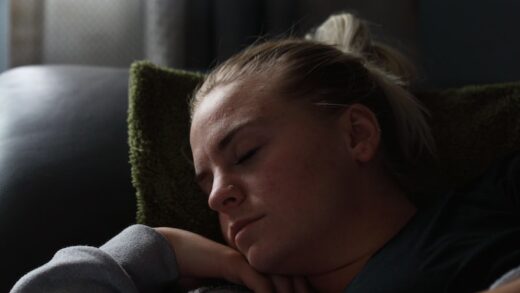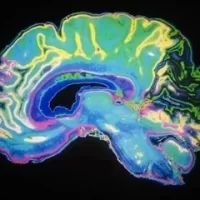A group of scientists from Germany recently published a paper on the medRxiv* preprint server that examined skeletal muscle biopsies from patients who had post-exertion weariness and malaise to identify the underlying processes of protracted coronavirus illness (long COVID).
Persistent muscle fatigue is a typical sign of acute viral infections, and a small number of SARS-CoV-2 patients have reported symptoms from the coronavirus disease 2019 (COVID-19) that persisted even after they had recovered, as well as new symptoms. These signs and symptoms include myalgia, chronic fatigue, post-exertional malaise (PEM), and muscle weakness.
Determining the underlying processes of protracted COVID or post-acute sequelae of COVID-19 (PASC) has been challenging because the sorts of symptoms, as well as their intensity and presentations, differ across patients. Additionally, despite the fact that severe COVID-19-related fatality cases have been connected with inflammatory myopathy, the effects of the virus on skeletal muscle tissue have not been well investigated.
In the present study, eleven patients were included above 18 with SARS-CoV-2 infection diagnosed by a positive polymerase chain reaction (PCR) test and experiencing PEM and muscle fatigue for a minimum of six months after recovering from the SARS-CoV-2 infection. An approval for vastus lateralis muscle biopsy with no contraindications to the process was required.
Detailed neurological and clinical examinations consisting of handgrip strength tests, sensory tests, tests for muscle strengths of various muscle groups, a six-minute walk test, and a test of reflexes were performed. Additionally, serum samples were collected, and the participants responded to online questionnaires on fatigue and underwent a magnetic resonance imaging (MRI) scan of the proximal lower extremities. Biopsy samples of the vastus lateralis muscle were also obtained.












